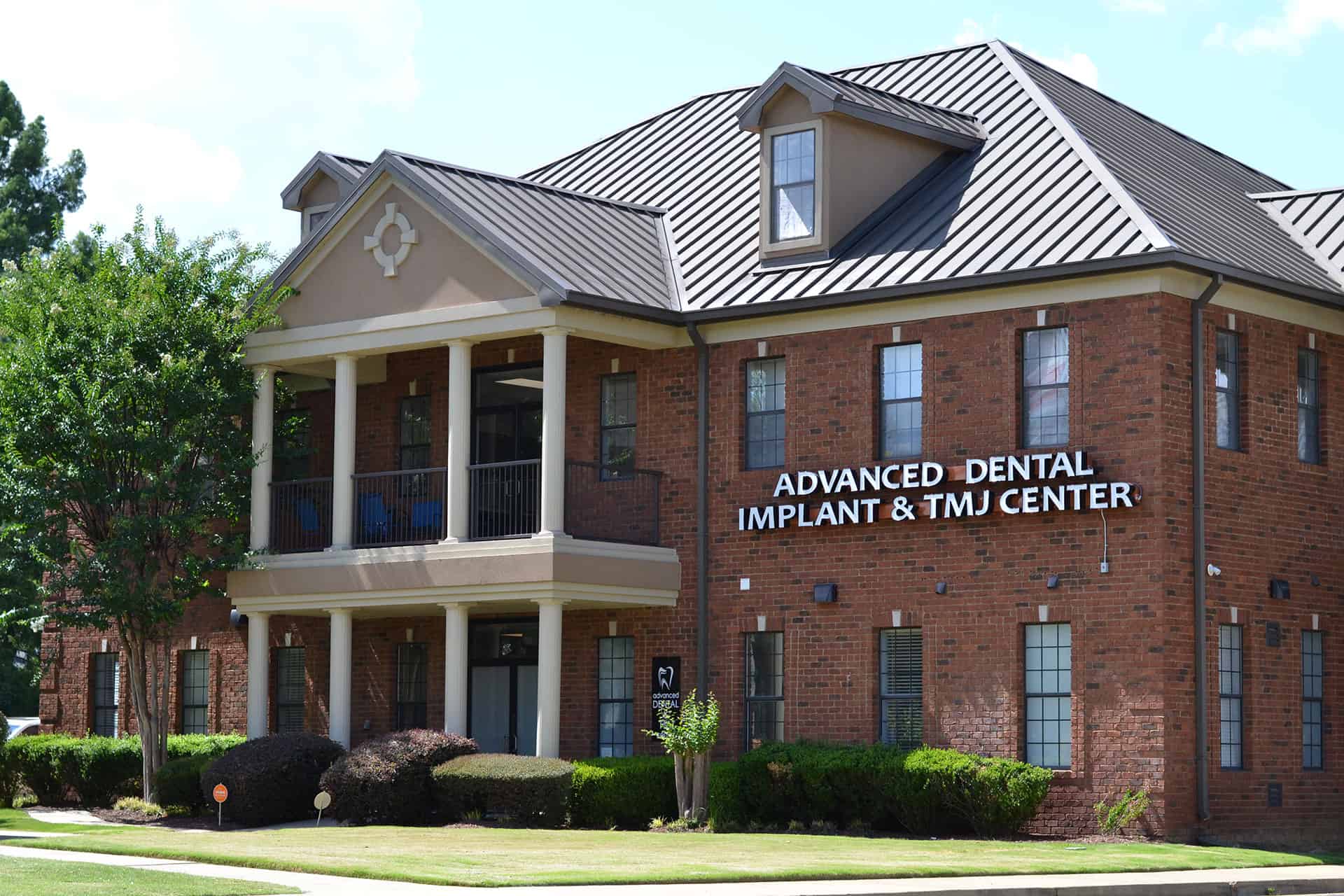8 TMJ Causes: What’s Behind Your Jaw Pain?
Temporomandibular joint disorder (TMD or TMJ disorder) can be difficult to diagnose due to a variety of health conditions that may cause or exacerbate the disorder. These include factors like genes, hormones, stress and anxiety, or bad habits that involve the jaw. Here are 8 TMJ causes that could be behind your jaw pain.
-
Disc displacement. A disc called the articular lies between the bones of the TMJ and allows the joint to open and close. When this disc becomes displaced, the joint may not function smoothly and could cause pain. If your articular disc becomes displaced, it’s important to correct this as it could later result in wear and tear of the joint.
-
Degenerative joint diseases. Degenerative joint diseases include osteoarthritis , rheumatoid arthritis, or arthrosis. The TMJ is the most used joint in the entire body, so if a degenerative condition gradually weakens the bones, it can result in pain and joint dysfunction.
-
Psychological conditions. Common mental stressors can weigh on the brain and even affect the TMJ. Stress, depression, anxiety can cause jaw clenching or teeth grinding. People with TMJ disorder are more likely to have psychological conditions than people without. In fact, at least half of people who present with TMJ disorder experience major life events roughly six months prior to the onset of symptoms.
-
Bruxism. One of the most common causes of TMJ disorder, bruxism (jaw clenching and teeth grinding) can happen during your waking or sleeping hours. If these occur during your sleeping hours, you may be unaware of it until your dentist draws your attention to it or you begin to experience pain in your TMJ. If you feel tightness, tenderness, or pain in your jaw muscles or TMJ upon waking, you should discuss bruxism with your dentist or doctor.
-
Physical trauma. Events that cause physical damage to the face and neck can affect the TMJ. Traumatic events that can affect the TMJ include car accidents, excessive yawning, sports injuries, interpersonal violence, or prolonged dental treatment.
-
Dental abnormalities. Also called occlusal factors, dental abnormalities may also cause TMJ pain. However, the majority of people who have dental abnormalities do not develop TMJ disorder. A dental abnormality can include things like crowns, bridges, and dentures that make your bite uneven.
-
Hormones Women are more likely than men to develop TMJ disorder. It has been suggested that higher amounts of estrogen may contribute to the development of TMJ disorder, so women of child bearing age are the group most affected by the disorder. Post-menopausal women who undergo hormone replacement therapy are also more likely to experience TMJ disorder.
-
Bad habits. Parafunctions, or bad habits that involve the jaw, can be a cause of TMJ disorder or make it worse. Bad habits include: chewing pens, straws, and gum; biting nails, lips, or inside of the cheeks; excessive yawing; loud singing; and more. If you experience TMJ pain or discomfort, become aware of your bad habits and attempt to correct them.
Comorbidities
Please note that TMJ disorder may exist alongside other health conditions that can cause or exacerbate TMJ pain. Some of these conditions include:
-
Sleep apnea
-
Arthritis
-
Ehlers-Danlos Syndrome
-
Chronic fatigue syndrome
-
Fibromyalgia
-
Trigeminal neuralgia
-
Irritable bowel syndrome
-
Chronic headaches, migraines, and neck pain
-
Interstitial cystitis
-
Regular scuba living
The cause of your TMJ disorder will influence your treatment plan, so work with a specialist to find the root cause. Advanced Dental Implant and TMJ Center provides conservative yet effective treatment to help relieve your TMJ pain and discomfort. To ask questions or schedule an appointment, you can call (662) 655-4868 or contact them through their website

